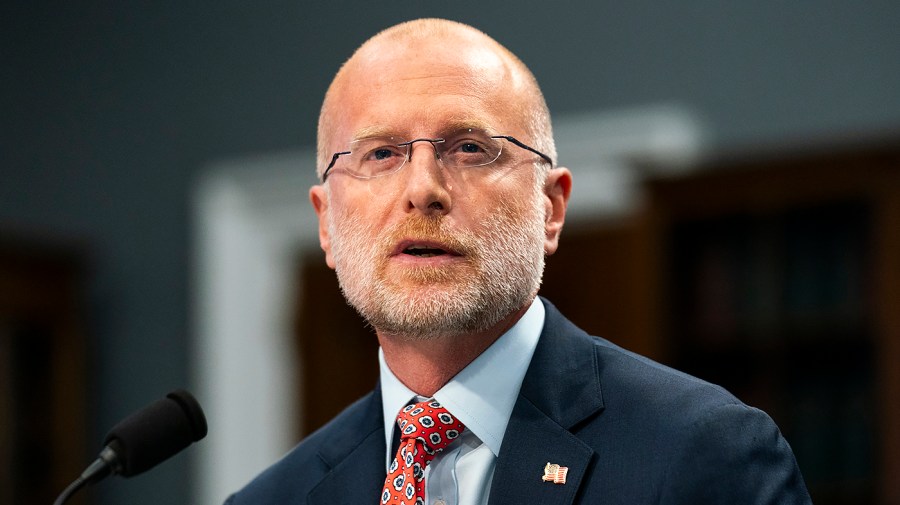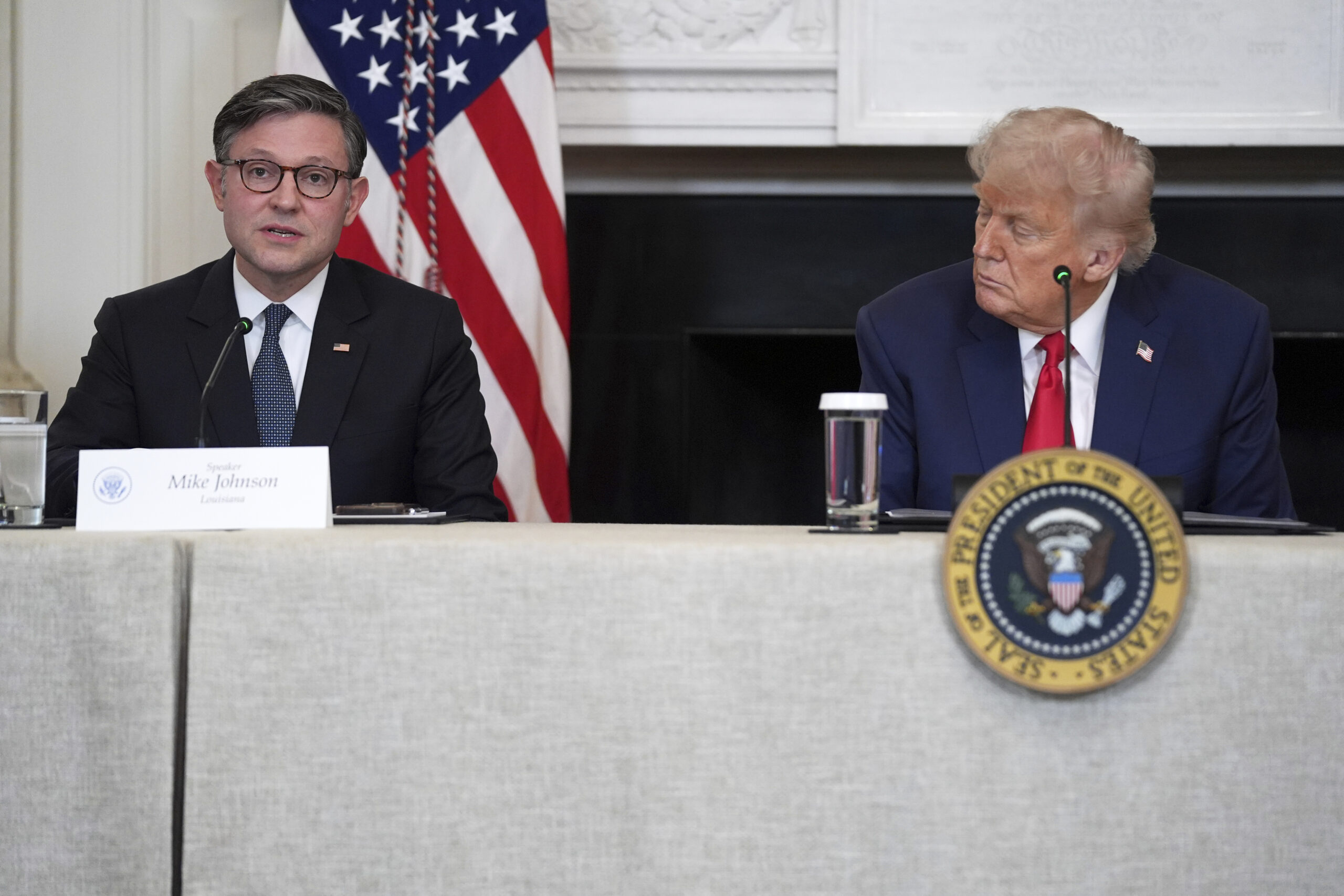Politics
Trump FCC chair pick talks how to ‘smash the censorship cartel’

Politics
House members scramble to return to DC for megabill vote
Some House members are going to great lengths to make it back to to Washington for a vote on the Republican megabill after severe weather canceled dozens of flights. President Donald Trump and Speaker Mike Johnson are pushing to advance the Senate-approved version of Republicans’ agenda bill before July 4 – setting up a condensed timeframe for a House vote…
Read More
Politics
Johnson, Trump push wary House Republicans for July 4 passage

A cross-section of GOP lawmakers is wary of the Senate package and wants to take their time…
Read More
Politics
Johnson on the megabill: ‘I’m not happy with what the Senate did to our product’
Speaker Mike Johnson said he’s not happy with the sprawling legislation Senate Republicans just sent back to the House. “I’m not happy with what the Senate did to our product. We understand this is the process. It goes back and forth, and we’ll be working to get all of our members to yes,” Johnson said outside the House Rules Committee…
Read More
-

 The Josh Fourrier Show8 months ago
The Josh Fourrier Show8 months agoDOOMSDAY: Trump won, now what?
-
Uncategorized8 months ago
Bob Good to step down as Freedom Caucus chair this week
-

 Politics8 months ago
Politics8 months agoWhat 7 political experts will be watching at Tuesday’s debate
-

 Politics8 months ago
Politics8 months agoHow Republicans could foil Harris’ Supreme Court plans if she’s elected
-
Economy8 months ago
Fed moves to protect weakening job market with bold rate cut
-
Economy8 months ago
It’s still the economy: What TV ads tell us about each campaign’s closing message
-

 Politics8 months ago
Politics8 months agoRFK Jr.’s bid to take himself off swing state ballots may scramble mail-in voting
-
Uncategorized8 months ago
Johnson plans to bring House GOP short-term spending measure to House floor Wednesday

